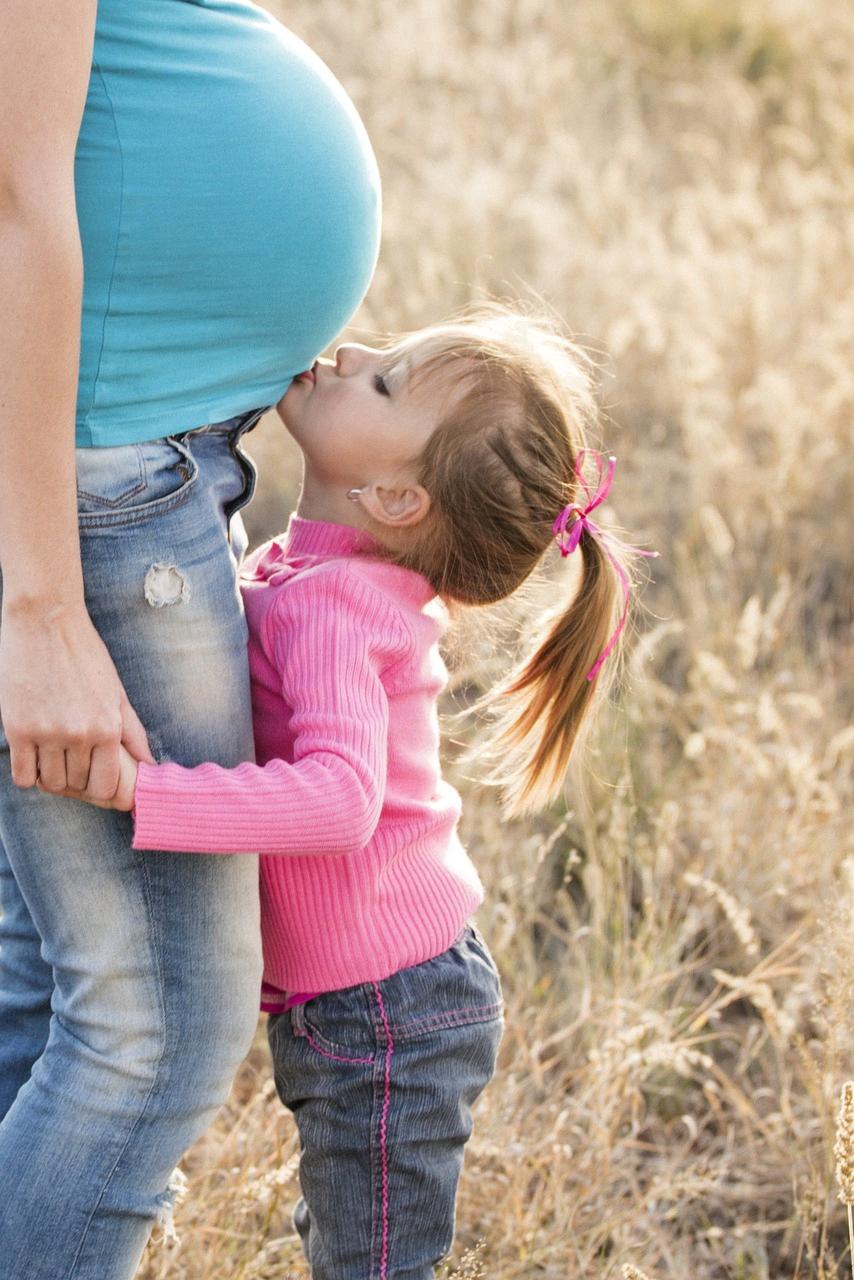It’s a common concern for many individuals wondering if all white discharge signals pregnancy. The truth is, while white discharge may be a sign of pregnancy, not all instances of it necessarily indicate a pregnancy. It’s essential to understand the various factors that can contribute to white discharge and how it relates to pregnancy.
Normal White Discharge
White discharge, also known as leukorrhea, is a normal occurrence in individuals of reproductive age. This discharge serves as a natural way for the body to cleanse the vagina and maintain its pH balance. It can vary in consistency throughout the menstrual cycle, with some individuals experiencing thicker white discharge around ovulation and thinner discharge at other times.
Signs of Pregnancy
One of the early signs of pregnancy can be the presence of a milky white discharge. This type of discharge is often attributed to hormonal changes that occur in the body during pregnancy. These hormonal shifts can lead to an increase in vaginal secretions, resulting in the characteristic white discharge.
Understanding Hormonal Changes
During pregnancy, the body undergoes significant hormonal changes to support the development of the fetus. These changes can affect various systems in the body, including the reproductive system. The increase in estrogen levels, in particular, can lead to an increase in vaginal discharge, which may appear white or milky in color.
Other Possible Causes
While white discharge can be a sign of pregnancy, it’s essential to consider other possible causes as well. Factors such as infections, hormonal imbalances, or even the use of certain medications can also lead to changes in vaginal discharge. Therefore, it’s advisable to consult with a healthcare provider to determine the underlying cause.
Seeking Medical Advice
If you are experiencing changes in your vaginal discharge and suspect you may be pregnant, it’s crucial to seek medical advice. A healthcare provider can conduct a physical examination, perform tests, and provide personalized guidance based on your individual circumstances.
Monitoring Symptoms
Monitoring your symptoms can also aid in determining the potential cause of white discharge. Keep track of any accompanying symptoms, such as itching, burning, or odor, as these may indicate an underlying issue that requires medical attention.
Importance of Communication
Open communication with your healthcare provider is key in addressing any concerns related to white discharge and pregnancy. Be honest about your symptoms, medical history, and any lifestyle factors that may impact your reproductive health.
Personal Hygiene Practices
Maintaining good personal hygiene practices is essential in promoting vaginal health and preventing infections. Avoid douching or using harsh soaps in the genital area, as these can disrupt the natural balance of bacteria and lead to changes in vaginal discharge.
Healthy Pregnancy Care
If you are pregnant or planning to conceive, prioritizing your overall health is crucial for a healthy pregnancy. Stay hydrated, eat a balanced diet, engage in regular physical activity, and attend prenatal check-ups to ensure the well-being of both you and your growing baby.
Conclusion
In conclusion, while white discharge can be a sign of pregnancy, it is not a definitive indicator on its own. Various factors can influence changes in vaginal discharge, and it’s important to consider the context of your symptoms. If you suspect you may be pregnant or are experiencing concerning symptoms, consult with a healthcare provider for personalized guidance and care.

